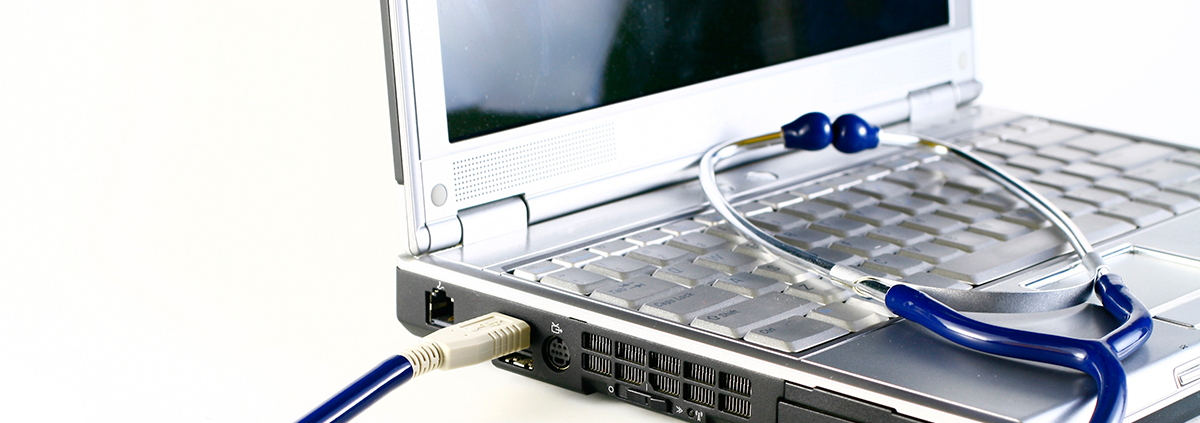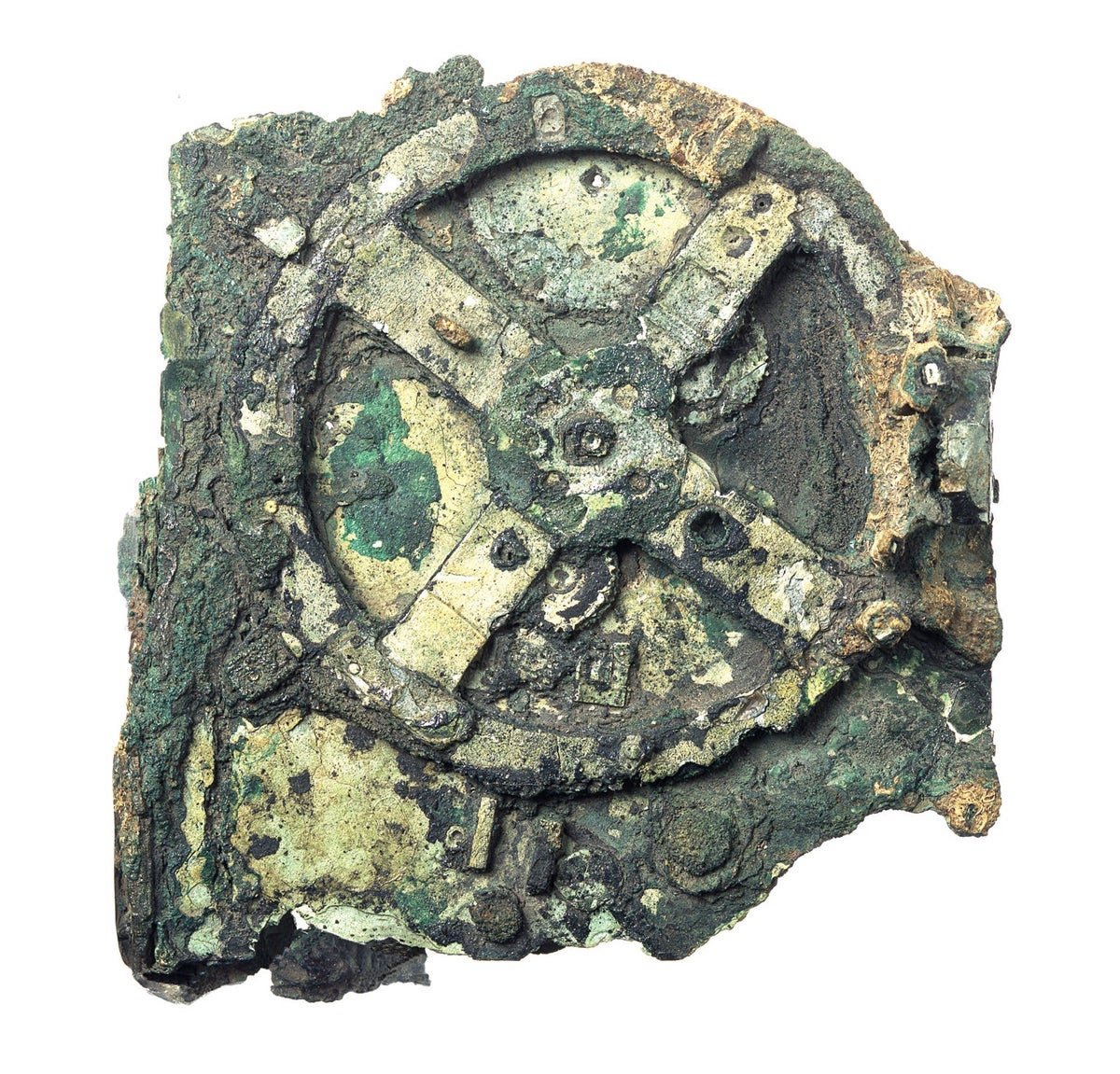In 1900, a deep sea diver named Elias Stadiatis emerged from the eastern Mediterranean sea visibly shaken and mumbling about a "heap of dead naked people". He was part of a sponge diving expedition, so it's understandable that what he saw threw him for a loop!
It turns out that his crew had uncovered an ancient shipwreck, and the "dead naked people" were marble statues that had been strewn across the sea floor. This discovery prompted what would become the first major underwater archaeological dig in history that would yield artifacts far more interesting than just ancient sculptures.
One object recovered from the site was roughly the size of a dictionary and was thought at first to be a mass of coins that had fused together. However, months later at the National Archaeological Museum in Athens the lump began to fall apart revealing precision bronze gearwheels that were not thought to have existed for many centuries after the date of the wreck.
It turns out that the sponge divers had accidentally uncovered what became known as the Antikythera mechanism, essentially the earliest analog computer known to man. It contains over 80 individual moving parts intricately engineered together to help track the movements of the planets and stars.
Scientists remain to this day baffled that a device of such high complexity was created in the ancient world, but this amazing technology remains utterly primitive when compared to even the simplest computer we use on a daily basis today.
This same acceleration of technology has changed the way TBI is confirmed and treated. While the initial diagnosis of mTBI (aka concussion) is still made clinically, technology like video nystagmography (VNG), oculomotor tracking, QEEG with event related potentials, quantitative pupillometry, and many other devices serve two purposes:
- To confirm the established diagnosis of TBI
- To guide and inform treatment for the patient
This is a very important distinction, particularly as it relates to Daubert challenges, in that TBI is not diagnosed off of any single test in isolation, but rather it's a clinical diagnosis made by a healthcare provider that technology allows for much more objective confirmation and fine tuned guidance of treatment.
If you or someone you know would benefit from TBI diagnostics or therapy at any of our locations across Florida, please reach out via email at drwalker@flspineandinjury.com or you can call directly at 904-616-1284.
-1.png?width=120&height=108&name=Ethos%20Health%20Group%2c%20(1)-1.png)



Leave a Comment